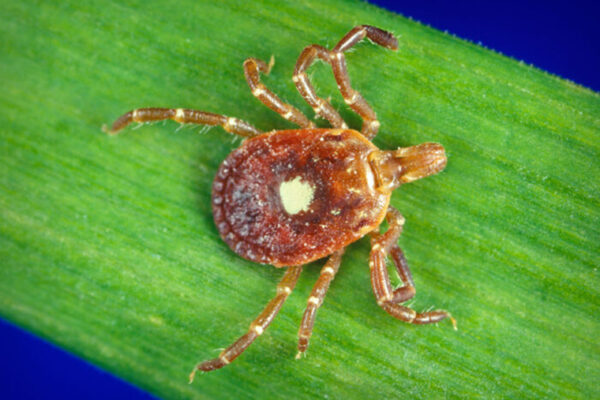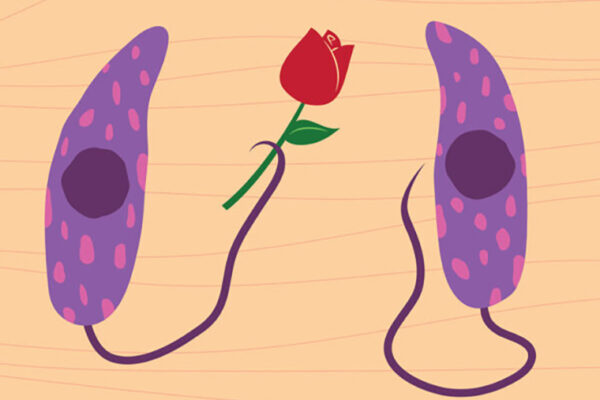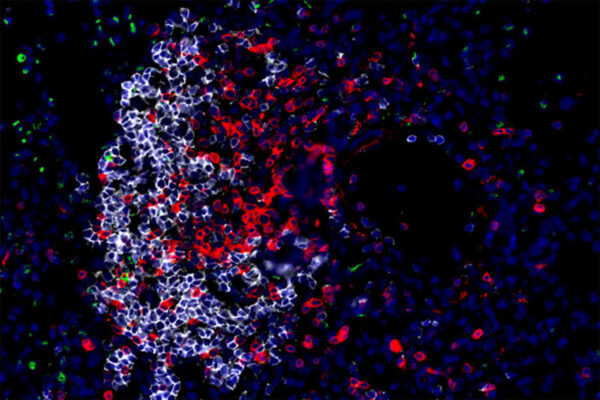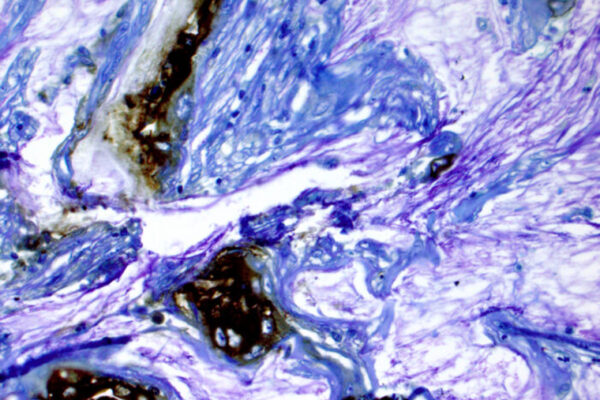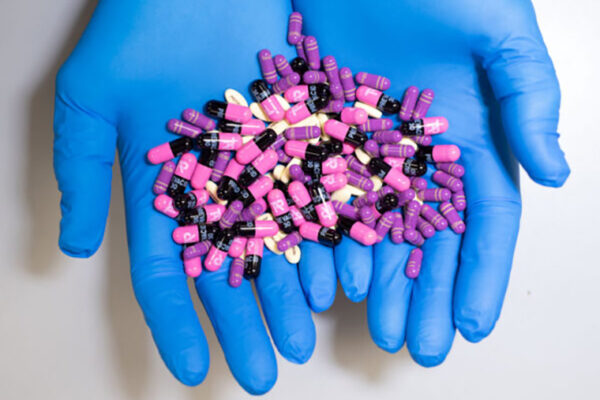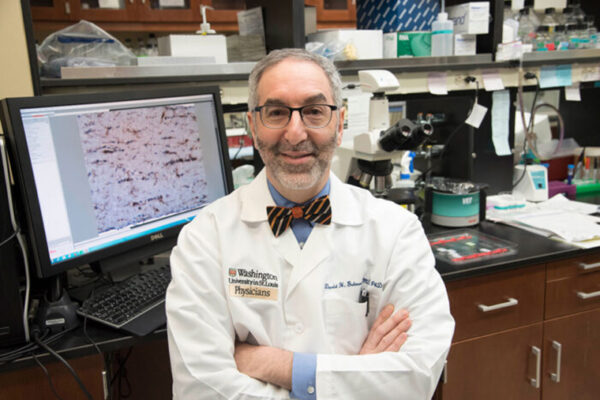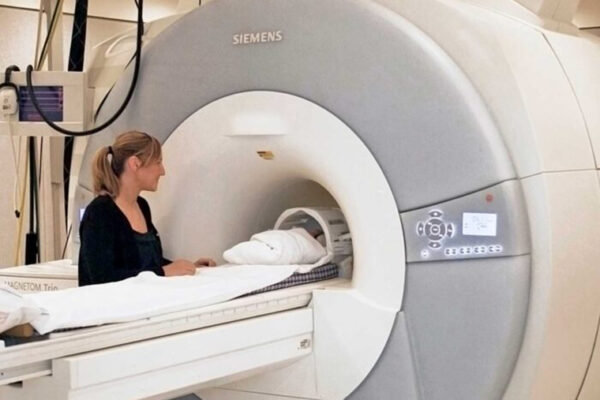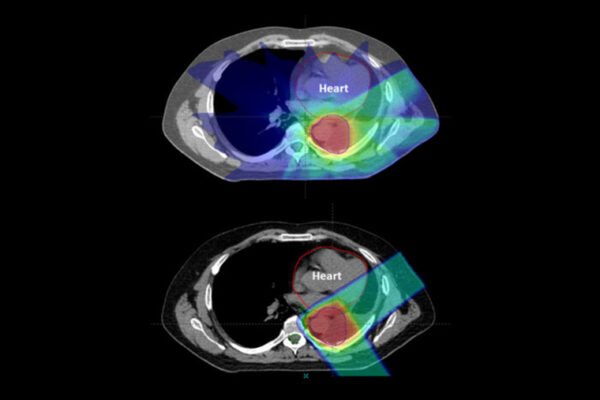Deadly tick-borne virus cured with experimental flu drug, in mice
Only a few cases of the newly discovered Bourbon virus have been reported, and two of them ended in death, partly because no specific treatments are available for the tick-borne illness. Now, researchers at Washington University School of Medicine in St. Louis have identified an experimental antiviral drug that cures mice infected with the potentially […]
Once thought to be asexual, single-celled parasites caught in the act
The single-celled parasite Leishmania can reproduce sexually, according to a study from the School of Medicine and the National Institutes of Health (NIH). The finding could pave the way towards finding genes that help the parasite cause disease.
To fight TB infection, early protection is crucial
Researchers at the School of Medicine and the Africa Health Research Institute have identified a master cell that coordinates the body’s immune defenses in the crucial early days after a tuberculosis infection. Boosting the activity of such cells could help reduce the millions of new infections that occur worldwide every year.
Biomarker predicts which pancreatic cysts may become cancerous
Research led by investigators at the School of Medicine has taken a step toward identifying the cysts in the pancreas that are likely to become cancerous.
Heartburn drugs linked to fatal heart and kidney disease, stomach cancer
A study from researchers at the School of Medicine and Veterans Affairs St. Louis Health Care System has linked long-term use of drugs known as proton pump inhibitors (PPIs) to fatal cases of cardiovascular disease, chronic kidney disease and upper gastrointestinal cancer. The researchers found that such risks increase with the duration of PPI use, even when taken at low doses.
Immune cells determine how fast certain tumors grow
Researchers at the School of Medicine studying brain tumors in mice discovered that tumors grow most rapidly if they can enlist the aid of immune cells. The findings suggest that therapies targeting immune cells could potentially treat some kinds of brain tumors.
$9.5 million aimed at detecting autism earlier in childhood
Researchers at the School of Medicine are leading a multicenter team conducting research to evaluate whether brain imaging might help reveal risk for autism spectrum disorder in early infancy. Previous research suggests such imaging in high-risk children can predict problems in kids as young as 6 months old.
The keeper of the flame
After 24-plus years of serving the university in Public Affairs and the chancellor’s office as associate vice chancellor and chief of staff to Mark Wrighton, Steve Givens is retiring. Here’s a look back, and a look forward to his next stage of life.
Metcalfe gift supports study of adversity’s effects on children’s brains
A gift from Walter Metcalfe Jr. and his wife, Cynthia, will support the work of School of Medicine child psychiatrist Joan Luby, MD, and her collaborators. The gift was inspired by promising early findings suggesting interventions to address the impact of toxic stress on the long-term behavioral and mental health of children.
Proton therapy for cancer lowers risk of side effects
A new study led by the School of Medicine has found that proton therapy is associated with fewer severe side effects than conventional X-ray radiation therapy for many cancer patients.
View More Stories
